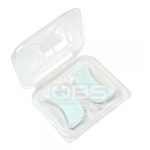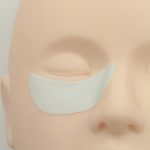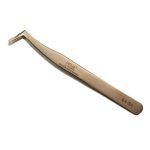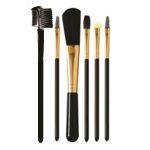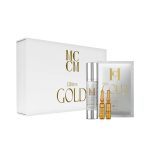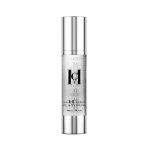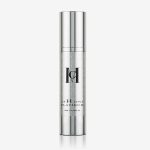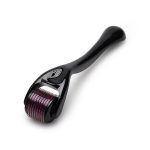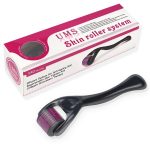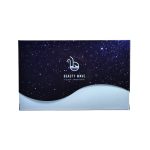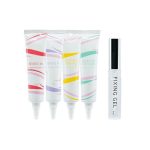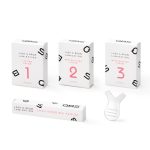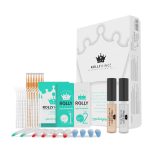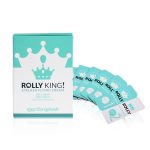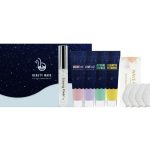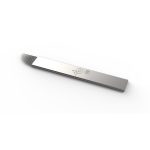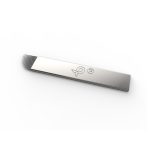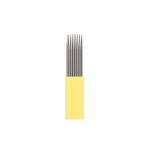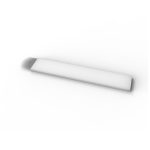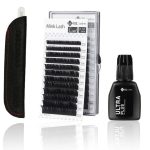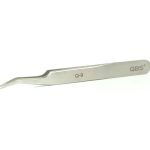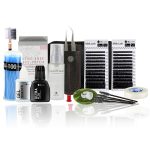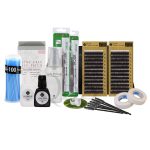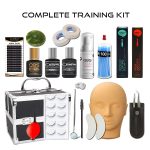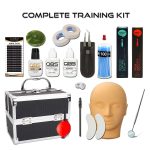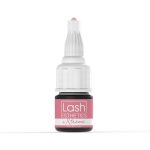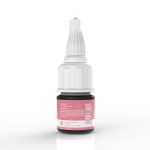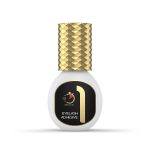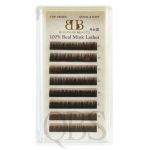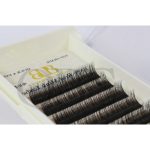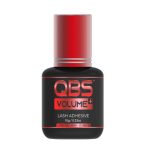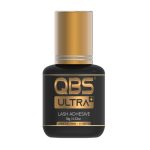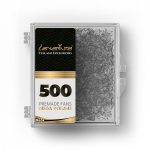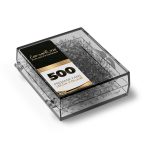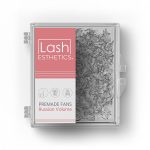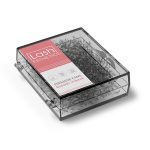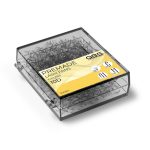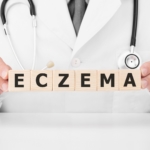Order Now, Pay Later with Klarna & ClearPay
Worldwide Delivery
FREE UK Delivery on Orders Over £25
Accessories
Brands
Skincare
Brow lamination
-
Lash lift
Beauty Wave Lamination Kit Accessories
£ 6.99 – £ 34.99Price range: £ 6.99 through £ 34.99 Select options -
Lash lift
Brow lamination kit
Rated 4.50 out of 5£ 9.99 – £ 39.99Price range: £ 9.99 through £ 39.99 Select options -
33% OFF
Lash lift
Eyelash Flying Kit – Rolly King
Rated 4.80 out of 5£ 11.99 – £ 39.99Price range: £ 11.99 through £ 39.99 Select options -
13% OFF
Lash lift
Eyelash Lamination Kit
Rated 4.69 out of 5£ 39.99Original price was: £ 39.99.£ 34.99Current price is: £ 34.99. Add to cart
-
SPMU Micro-Pigments
13/17 Pins Baer Steel Microblades
£ 4.99 – £ 14.99Price range: £ 4.99 through £ 14.99 Select options -
SPMU Micro-Pigments
17 Pins Double-Flat Shading Blades
£ 4.99 – £ 14.99Price range: £ 4.99 through £ 14.99 Select options -
SPMU Micro-Pigments
18U Needle Microblade
£ 4.49 – £ 12.99Price range: £ 4.49 through £ 12.99 Select options
-
Eyelash extensions kits
Blink Eyelash Extension Basic Kit
£ 29.99 Select options -
6% OFF
Eyelash extensions kits
Blink Eyelash Extension Kit Mink Lash with Adhesive
Rated 4.50 out of 5£ 65.99 Select options -
Lash lift
Brow lamination kit
Rated 4.50 out of 5£ 9.99 – £ 39.99Price range: £ 9.99 through £ 39.99 Select options -
Eyelash extensions kits
Complete Training Kit for Eyelash Extensions
Rated 5.00 out of 5£ 99.99 Read more
-
20% OFF
Sensitive eyelash glue
“Extreme” Fast Setting Eyelash Glue
Rated 4.25 out of 5£ 7.99 – £ 15.99Price range: £ 7.99 through £ 15.99 Select options -
10% OFF
Strong fumes
1 Second Eyelash Glue
£ 8.99 – £ 13.99Price range: £ 8.99 through £ 13.99 Select options -
27% OFF
Real mink
100% Real Siberian Mink Lashes Curl B, C, D, J
£ 7.99 – £ 39.99Price range: £ 7.99 through £ 39.99 Select options -
Patches
10x Pure Hydrogel Under Eye Pads Gel Patches
Rated 4.00 out of 5£ 6.99 Read more
-
20% OFF
Sensitive eyelash glue
“Extreme” Fast Setting Eyelash Glue
Rated 4.25 out of 5£ 7.99 – £ 15.99Price range: £ 7.99 through £ 15.99 Select options -
10% OFF
Strong fumes
1 Second Eyelash Glue
£ 8.99 – £ 13.99Price range: £ 8.99 through £ 13.99 Select options -
27% OFF
Real mink
100% Real Siberian Mink Lashes Curl B, C, D, J
£ 7.99 – £ 39.99Price range: £ 7.99 through £ 39.99 Select options
-
Lash lift
Beauty Wave Lamination Kit Accessories
£ 6.99 – £ 34.99Price range: £ 6.99 through £ 34.99 Select options -
Lash lift
Brow lamination kit
Rated 4.50 out of 5£ 9.99 – £ 39.99Price range: £ 9.99 through £ 39.99 Select options -
33% OFF
Lash lift
Eyelash Flying Kit – Rolly King
Rated 4.80 out of 5£ 11.99 – £ 39.99Price range: £ 11.99 through £ 39.99 Select options
-
Moderate fumes
Volume PLUS Glue For 3D-10D Eyelash Extension
Rated 4.72 out of 5£ 7.99 – £ 13.99Price range: £ 7.99 through £ 13.99 Select options -
Strong fumes
QBS Ultra Plus Eyelash Extension Glue
Rated 4.22 out of 5£ 7.99 – £ 13.99Price range: £ 7.99 through £ 13.99 Select options -
Sensitive eyelash glue
ELITE Plus Glue for 3D+ Lashes Professional Adhesive
Rated 4.48 out of 5£ 9.99 – £ 18.99Price range: £ 9.99 through £ 18.99 Select options
